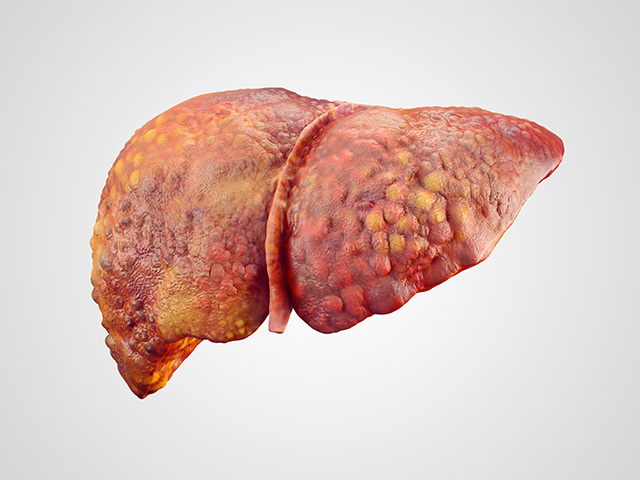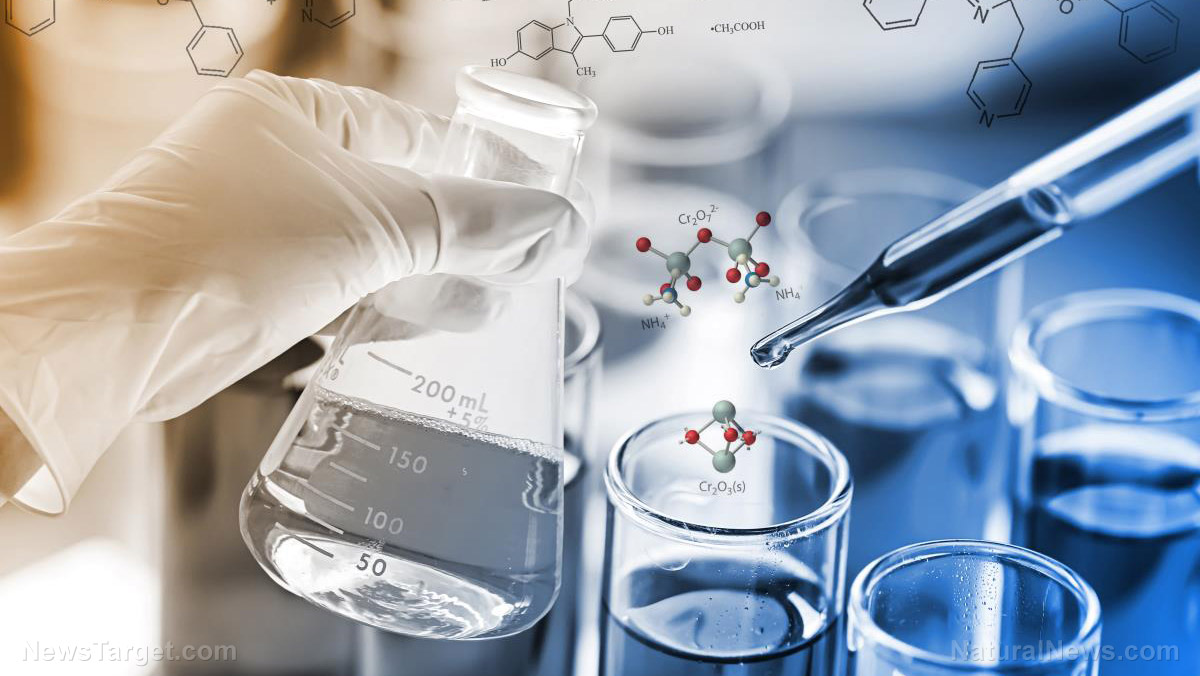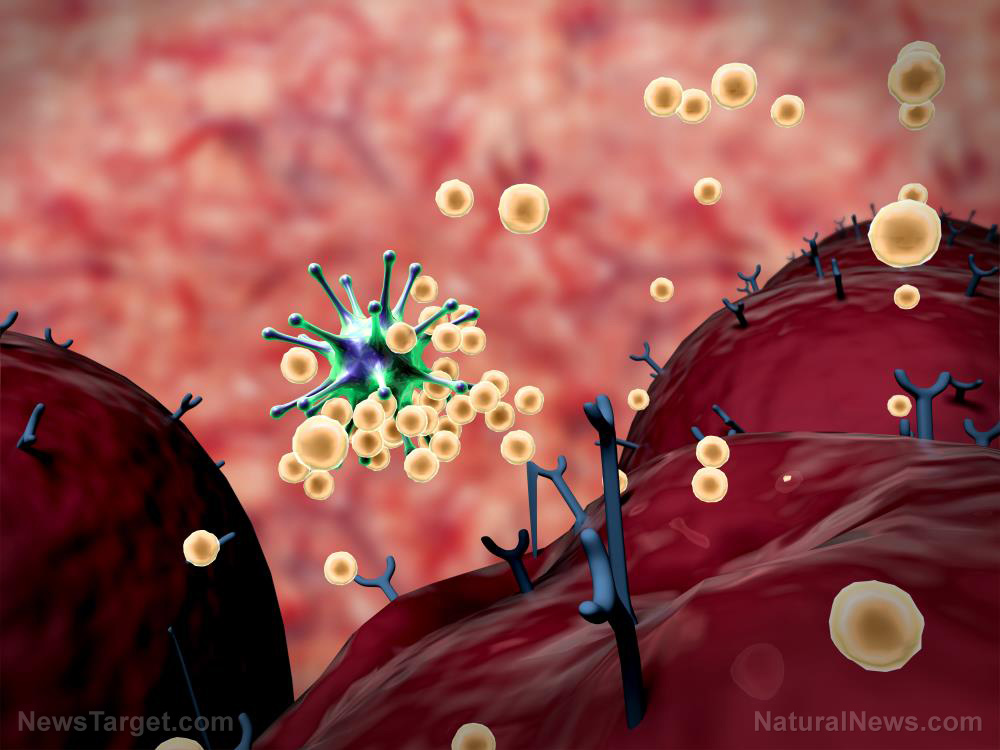New study: High cholesterol increases risk of breast cancer by hijacking the immune system, allowing cancer to spread to different parts of the body
01/30/2019 / By Russel Davis

A diet high in cholesterol may worsen breast cancer and speed up its metastasis, according to an animal study published in Nature Communications. Researchers have stressed that excess weight may accelerate breast cancer metastasis and negatively impact survival in patients. They have also pointed out that following a Western diet that is high in fat and cholesterol is fueling the current obesity epidemic, which in turn greatly affects breast cancer patients. One in eight women all over the world has breast cancer, the researchers say.
In line with the study, the research team discovered that the cholesterol byproduct called 27-hydroxycholesterol or 27HC plays a central role in facilitating metastasis in animal models of breast cancer. The scientists used mice models fed with a high cholesterol diet as part of the study, noting that animal models fed with a high cholesterol diet have shown a significant increase in tumor growth and metastasis.
However, the scientists have found that breast cancer cells did not appear to metastasize when they manually inhibited the breast cancer cell enzymes associated with 27HC.
Cholesterol byproduct spurs metastasis by manipulating immune cells
The scientists observed that 27HC accelerates breast cancer metastasis by negatively influencing certain immune cells. The experts have noted that the cholesterol byproduct appears to change the function of immune cells at metastatic sites. This means that 27HC coaxes both the T-cells and neutrophils into thinking that the cancer cells are harmless. Thus, the process tricks the immune cells to allow the cancer to spread instead of fending off tumor growth.
The power of the elements: Discover Colloidal Silver Mouthwash with quality, natural ingredients like Sangre de Drago sap, black walnut hulls, menthol crystals and more. Zero artificial sweeteners, colors or alcohol. Learn more at the Health Ranger Store and help support this news site.
“We found that 27HC is not working on the cancer cells themselves, but it’s actually working on the immune cells, or white blood cells. And what it does is it hijacks those cells and redirects them from fighting cancer to promoting cancer. So this allows the cancer to spread unchecked,” lead study author Erik R. Nelson has stated in a Cardiovascular Business article.
Upon further research, the scientists discovered that 27HC prompts a similar effect on other solid tumor sites such as those observed in colon cancer, lung cancer, melanoma, and pancreatic cancer. The research team suggests that inhibiting the cholesterol byproduct’s action may bolster treatment.
“We’re currently working with our clinical partners to determine whether the effects we see in mice also hold true in human tissue. The other thing that we’re currently working on is to develop better inhibitors of 27HC. We’re hopeful that our studies will lead to new therapeutic options for the treatment of patients with metastatic disease of breast cancer but also of other solid tumors,” according to Nelson.
The research team is set to work with health experts at the Carle Foundation Hospital in Urbana, Illinois to examine whether the cholesterol byproduct may have a similar effect on humans. (Related: Decrease your risk of breast cancer by avoiding these foods.)
Sources include:
Tagged Under: breast cancer, cancer metastasis, cholesterol, high cholesterol, western diet




















